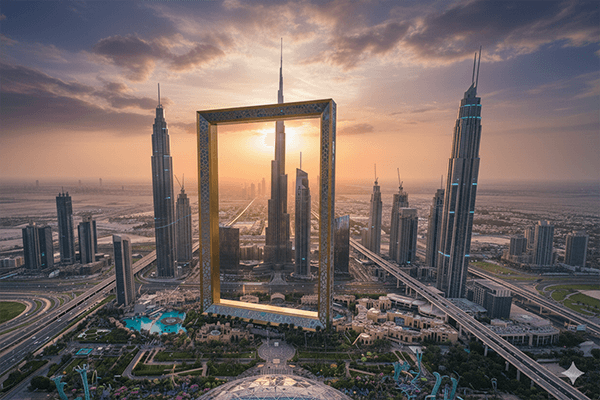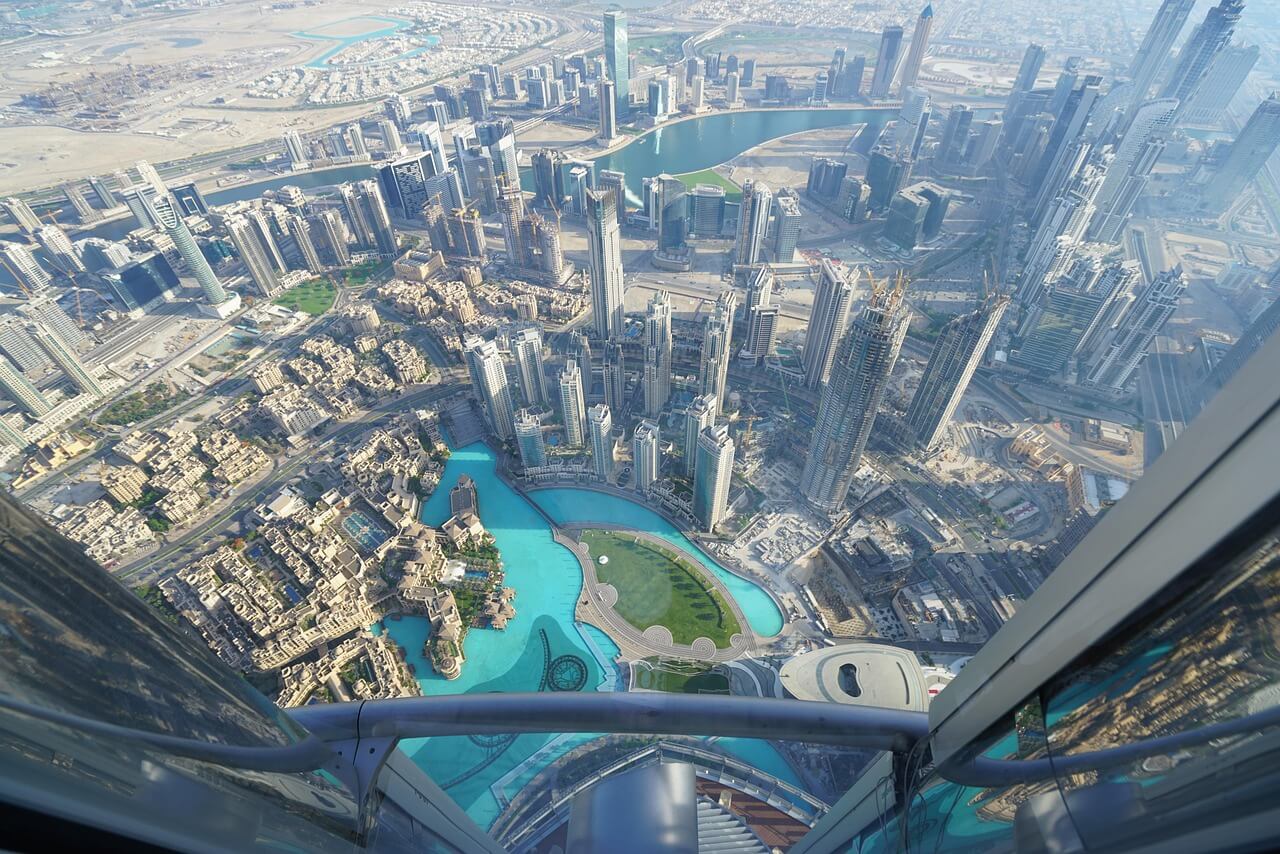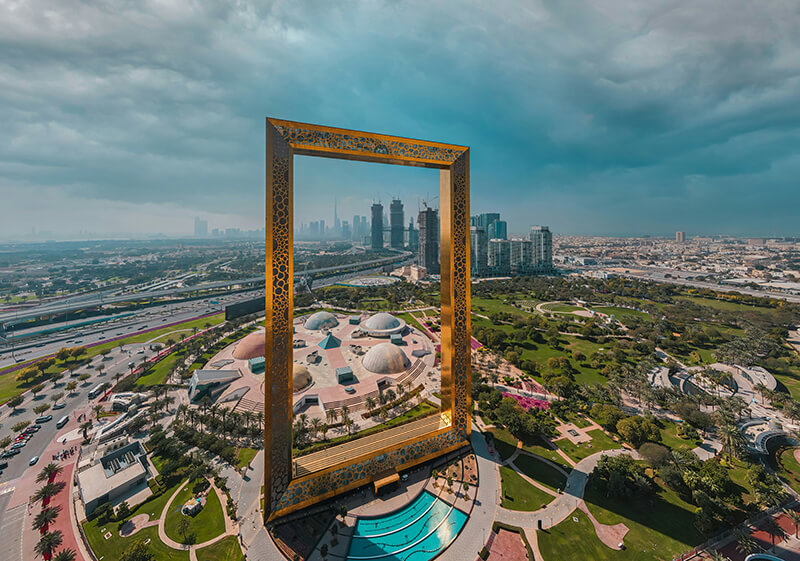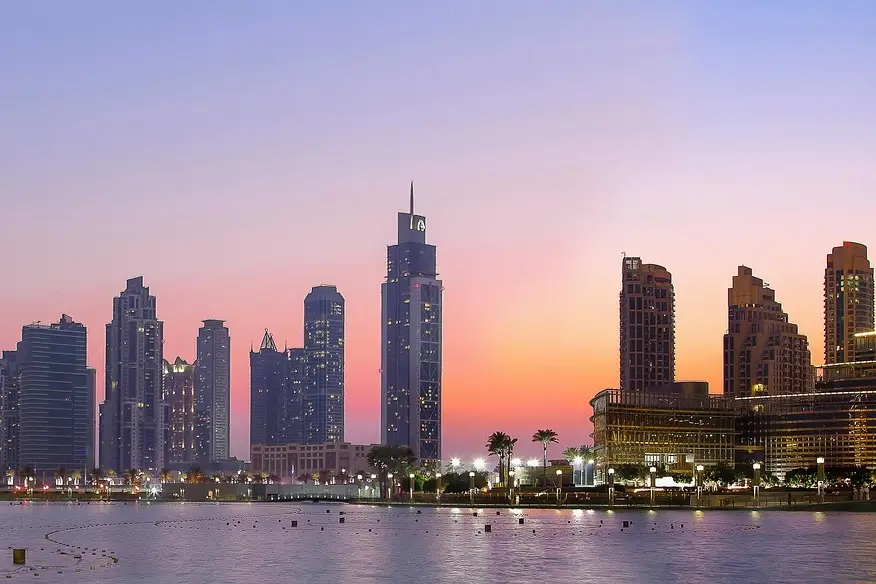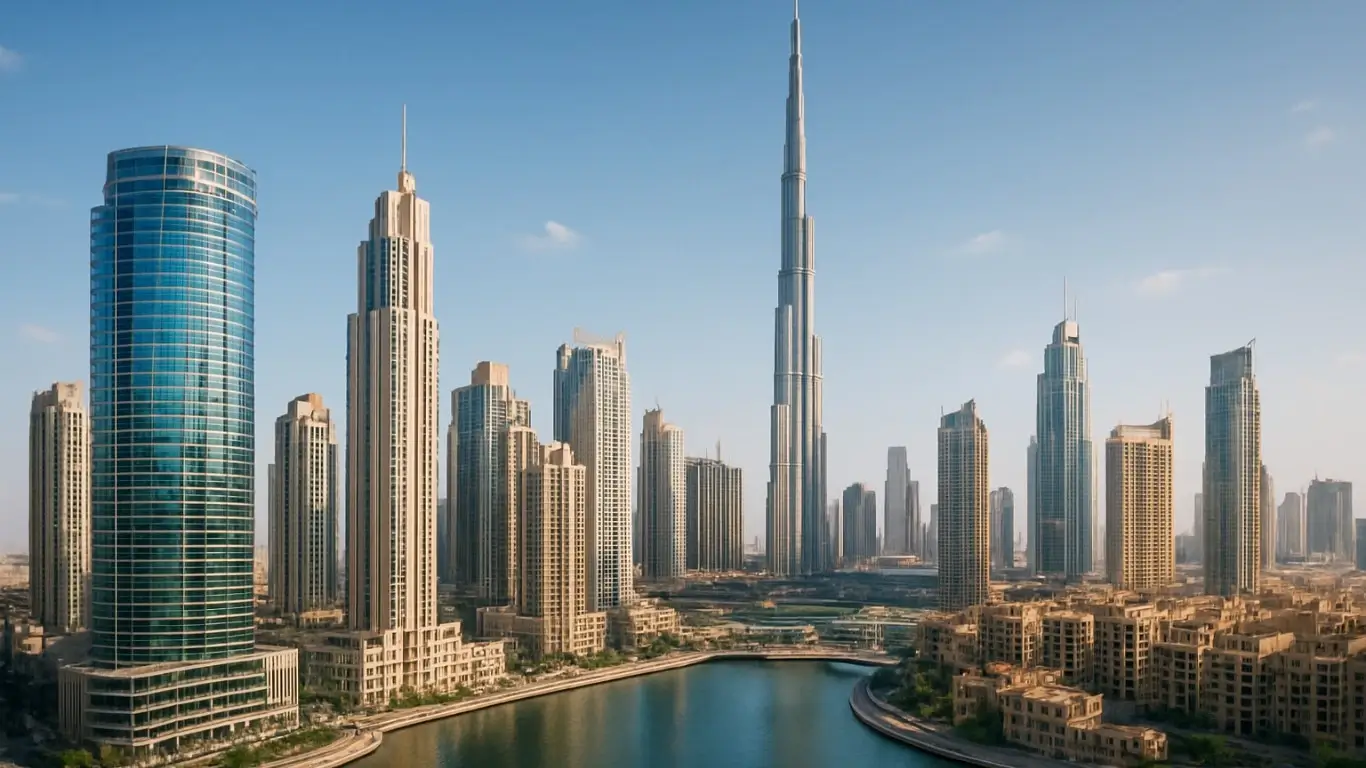
Dubai Unveils Bold Real Estate, Education, and Transport Strategies: Aiming for $272bn Property Target, Cashless Society, and Advanced Mobility
Dubai has announced a series of transformative strategies to reshape its real estate, education, and transport sectors over the next decade. Among these ambitious plans is a target of AED1 trillion ($272bn) in real estate transactions, the introduction of a 65km modern transport system, and a move towards becoming a fully cashless society.
Crown Prince Sheikh Hamdan bin Mohammed bin Rashid Al Maktoum, who also serves as Chairman of The Executive Council of Dubai, approved these groundbreaking initiatives, which are designed to enhance Dubai’s global leadership across various sectors. These initiatives align with the emirate’s broader vision of becoming a world-class destination for living, investment, and lifelong learning, as guided by Sheikh Mohammed bin Rashid Al Maktoum, the Vice President and Prime Minister of the UAE and Ruler of Dubai.
Real Estate and Education Strategies: Vision 2033
The Real Estate Strategy 2033 is set to increase the value of property transactions to AED1 trillion ($272bn) by 2033, supporting Dubai’s Economic Agenda (D33) and boosting the sector's contribution to the economy. The strategy will also focus on enhancing home ownership, increasing Emirati competitiveness, and modernizing the real estate market through transparency and the integration of AI and data.
The Education Strategy 2033 aims to overhaul Dubai’s education system to provide high-quality, future-focused learning. This system will promote lifelong learning and equip students with the skills necessary to thrive in a rapidly changing world. The strategy supports the Social Agenda 33 and seeks to position Dubai as a hub for world-class education, while also fostering Emirati values and national identity.
Innovative Transport and Cashless Society Goals
Dubai’s commitment to modernizing its transport infrastructure includes the Suspended Transport System Project, a key part of the Smart Mobility Strategy. By 2030, Dubai aims to automate 25% of all trips and increase the share of public transport journeys to 26% through this new system, which will connect Umm Suqeim Street, Al Khor, and Zabeel.
Additionally, the Dubai Cashless Strategy is geared towards establishing the city as one of the world’s top five cashless cities by 2033. This initiative will drive digital transactions across all sectors, contributing AED8 billion ($2.2bn) to the economy and ensuring that every business in Dubai accepts digital payments.
Preserving Heritage and Looking to the Future
In line with its forward-thinking approach, Dubai is also focusing on preserving its rich heritage through the National Archives Project, which aims to document the emirate’s history and cultural achievements for future generations.
These strategies reflect Dubai’s ambitious plans to solidify its position as a global economic hub, while simultaneously enhancing the quality of life for its residents and preparing for a sustainable, technology-driven future.


